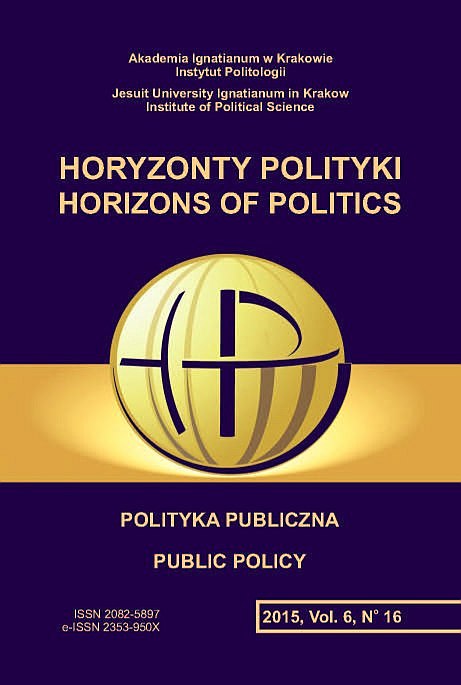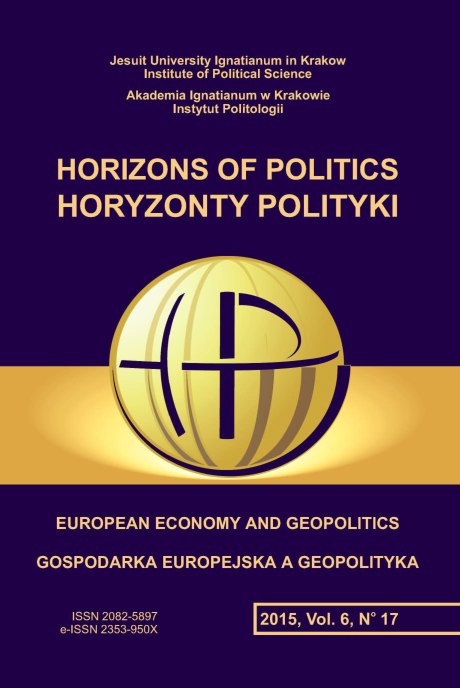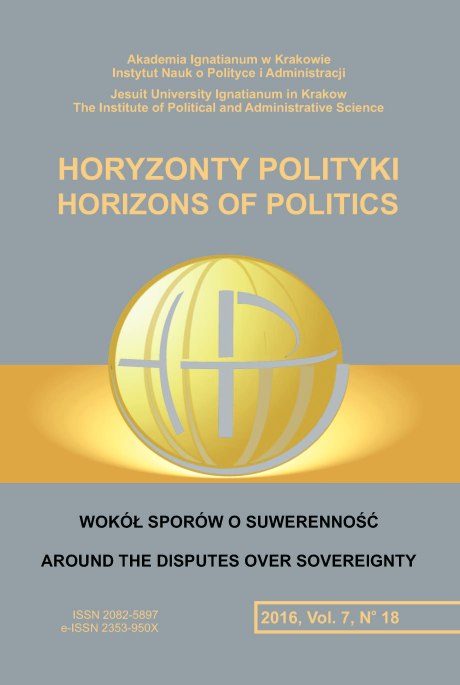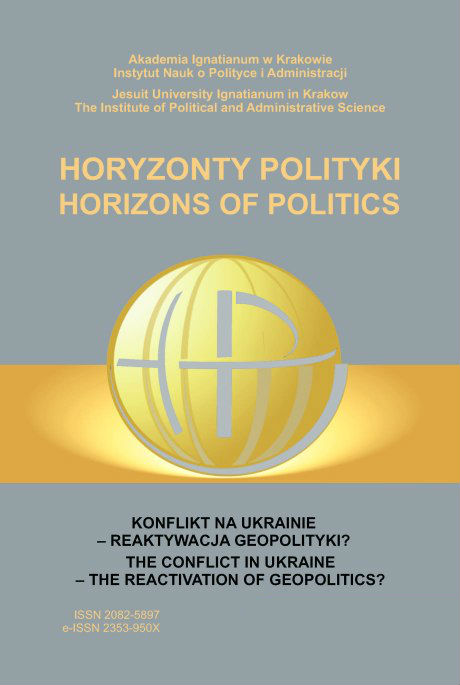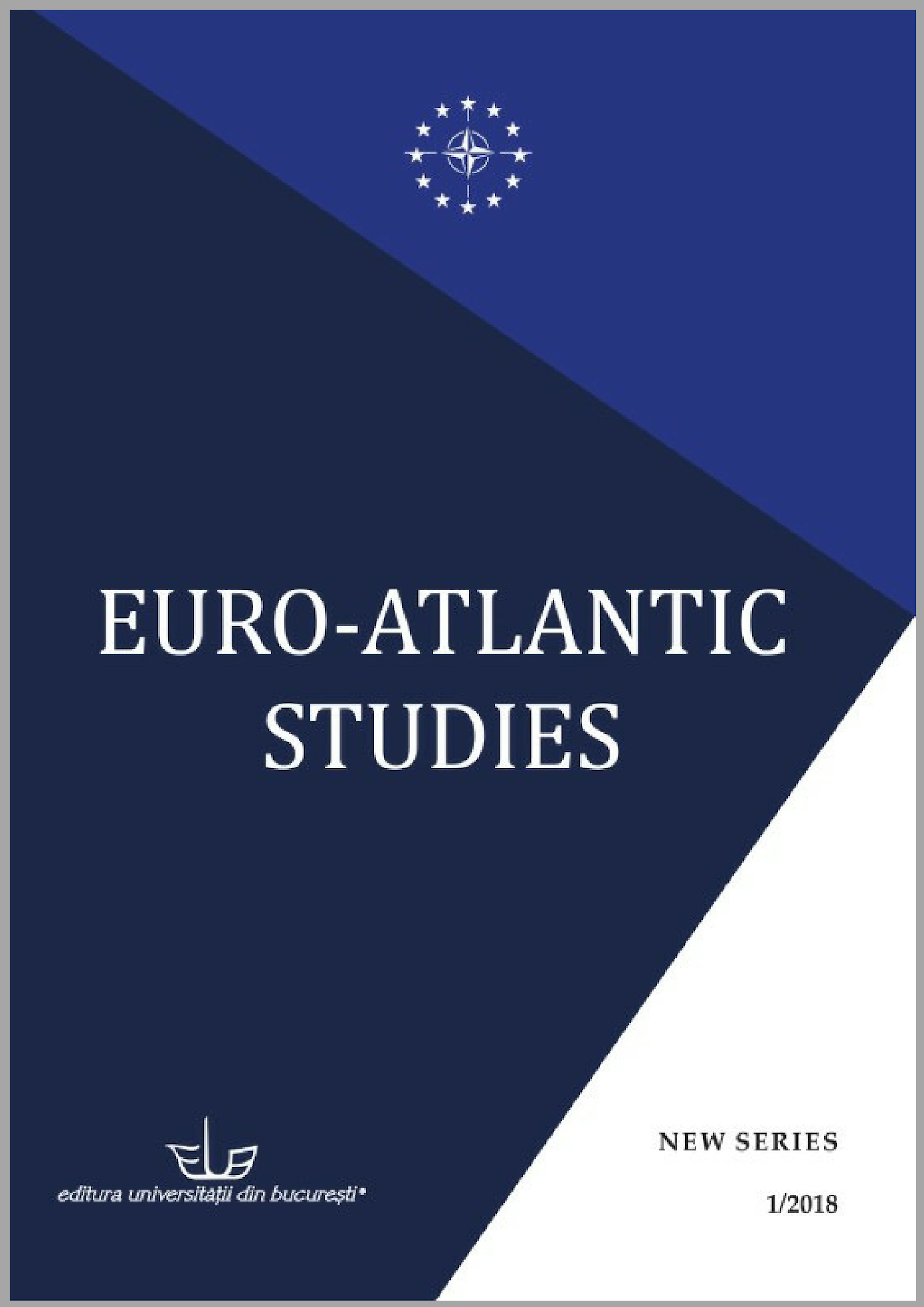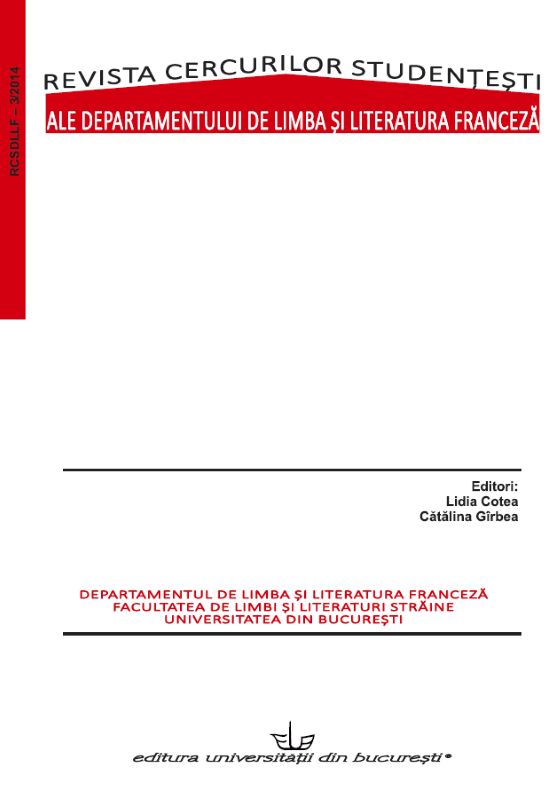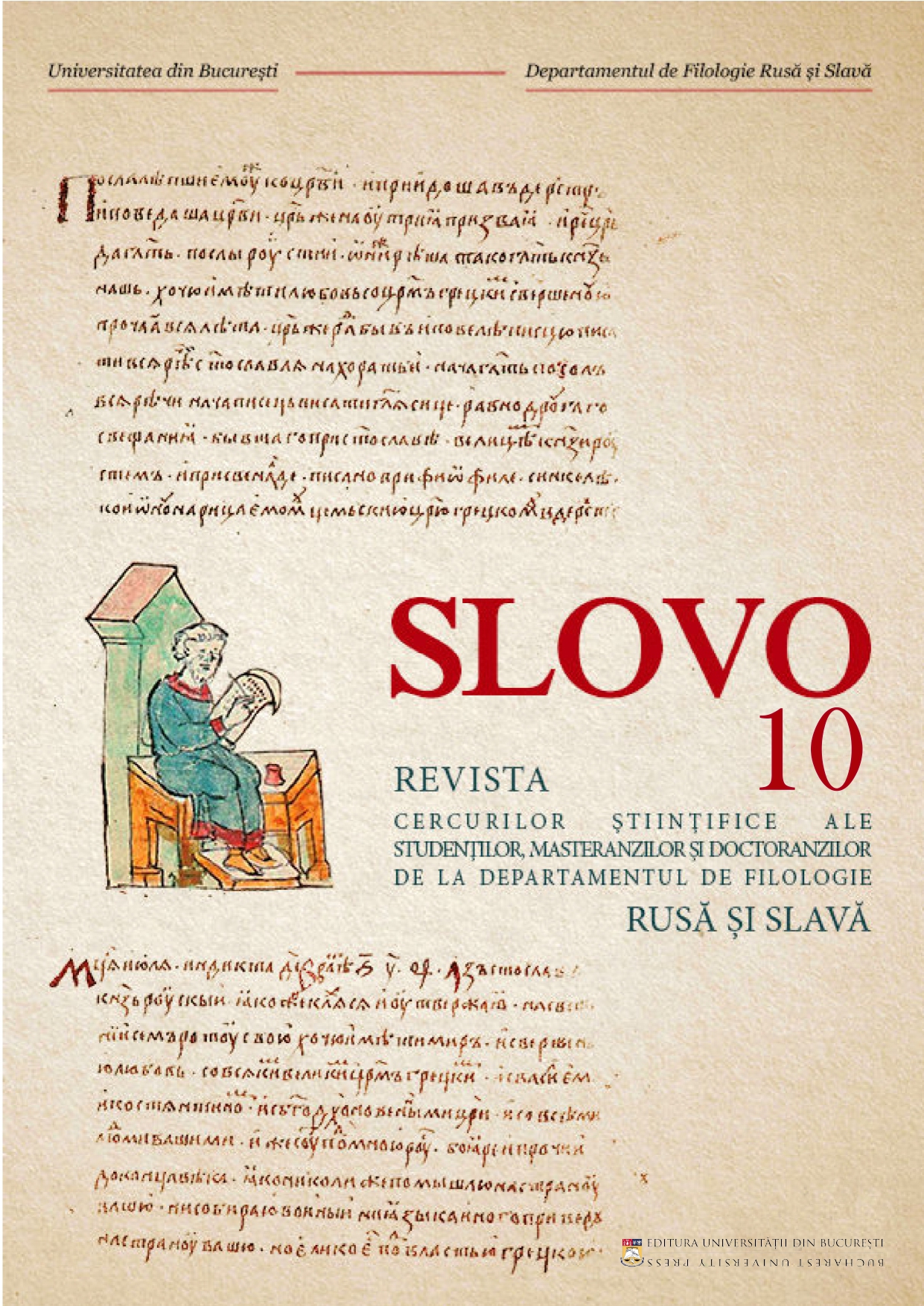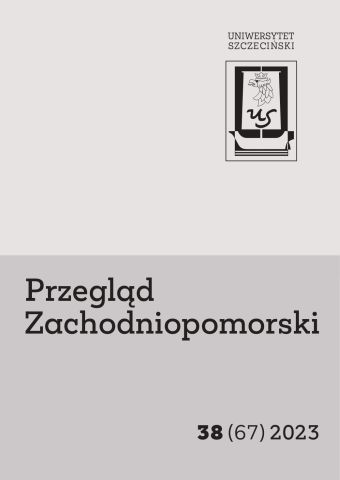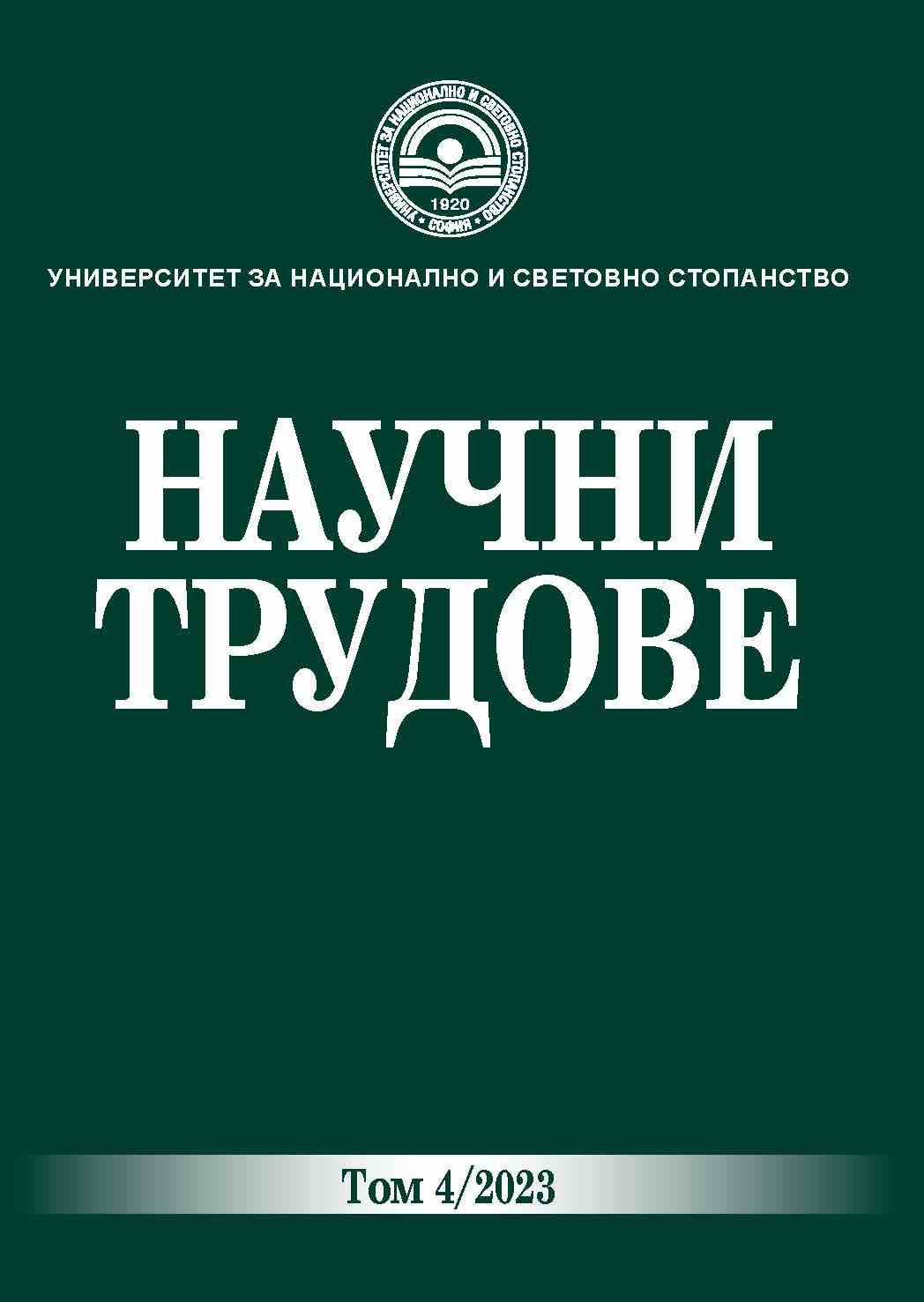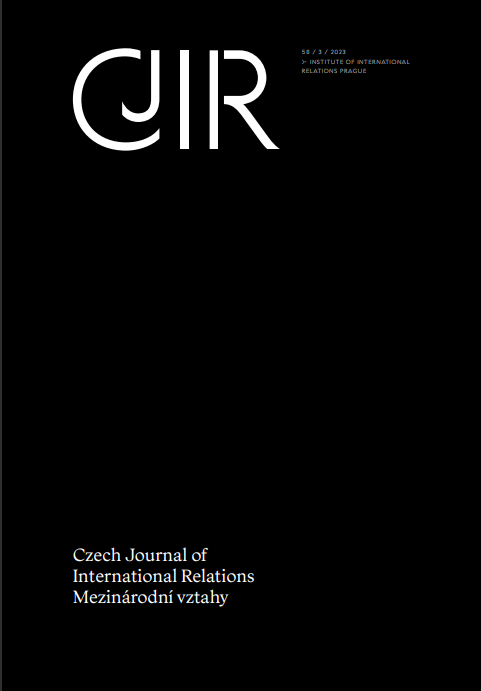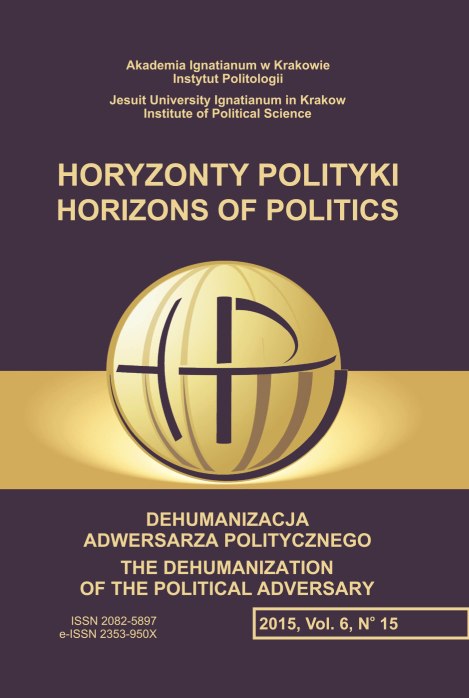
Od „oszołomów” do „zakonu PC”. Wizerunek medialny Porozumienia Centrum. Próba naszkicowania problemu
Artykuł przedstawia wizerunek medialny Porozumienia Centrum oraz jego przyczyny i konsekwencje poprzez analizę poświęconych tej partii artykułów opublikowanych w „Gazecie Wyborczej” i tygodniku „Polityka”. Oba tytuły medialne uznano za reprezentatywne dla badanego problemu studium przypadku z uwagi na ich pozycję na rynku medialnym oraz związki ze środowiskami politycznymi stanowiącymi „rdzeń” polskiej transformacji ustrojowej. Pejoratywny wizerunek PC – w tym twórcy i wieloletniego prezesa tej partii Jarosława Kaczyńskiego – należy uznać za jeden z najtrwalszych mitów w polskim życiu medialnym i publicznym po 1989 roku. „Czarna legenda” PC była jednym z determinantów zakończenia działalności tego ugrupowania, została również przeniesiona przez media na kolejną inicjatywę polityczną Jarosława i Lecha Kaczyńskich – partię Prawo i Sprawiedliwość. Przyczyny tego zjawiska – o charakterze ideowym (ideologicznym), politycznym i personalnym – zostały przedstawione z wyraźnym rozróżnieniem na przypadek „Gazety Wyborczej” i tygodnika „Polityka”. Takie ujęcie problemu stanowi nie tylko przyczynek do badań nad niezależnością (lub raczej zależnością) polskiego rynku medialnego od politycznych obozów lewicowego i liberalnego, ale również prowadzi do wniosku natury stricte politycznej. Emocjonalne traktowanie przez autorów „Gazety Wyborczej” Porozumienia Centrum nie jako elementu opisywanej rzeczywistości, lecz jako wroga politycznego par excellence dowodzi, że to podział w obrębie tak zwanej opozycji demokratycznej w PRL – poprzez powstanie PC w 1990 roku – stanowi najważniejszy konflikt polityczny w dziejach III RP. Jednocześnie utrzymanie znaczącej pozycji politycznej przez środowisko J. Kaczyńskiego należy traktować jako brak pełnej skuteczności strategii medialnych kierowanych wobec aktorów politycznych. „Demos” wciąż pozostaje silniejszy niż media, a demokracja odpiera ataki „mediokracji”.
More...
